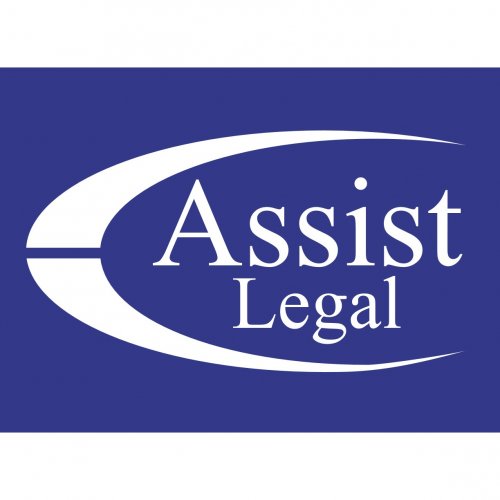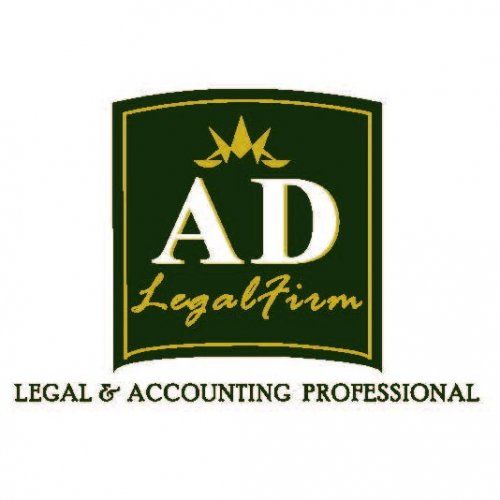About Financial Services Regulation Law in Chiang Mai, Thailand
Financial Services Regulation in Chiang Mai, Thailand, encompasses a broad array of legal requirements and guidelines designed to oversee and maintain the integrity of financial systems and protect consumers. These laws ensure that financial markets operate transparently, maintain stability, and inspire confidence among consumers and investors. Thailand's legal framework is largely influenced by the global standards set by international bodies like the Financial Action Task Force (FATF) and is administered locally by government agencies such as the Bank of Thailand and the Securities and Exchange Commission (SEC). These regulations cover a wide range of services, including banking, insurance, securities trading, and financial advisory services.
Why You May Need a Lawyer
Individuals and businesses may require legal assistance with Financial Services Regulation for various reasons. Common situations include navigating compliance requirements for setting up a financial institution, understanding and implementing anti-money laundering measures, resolving disputes with financial service providers, and managing regulatory investigations. Legal expertise is often crucial for interpreting complex regulations, ensuring adherence to legal standards, and minimizing financial or reputational risk. In cases of litigation, legal representation becomes imperative to protect one's interests effectively.
Local Laws Overview
Chiang Mai, as part of Thailand, adheres to national financial services regulations, influenced by global practices. Key aspects include:
- Banking Regulations: Governed by the Bank of Thailand, these laws encompass licensing, capital adequacy, and risk management measures.
- Securities Regulations: The SEC Thailand administers rules regarding securities trading, market conduct, and investor protection.
- Insurance Law: Overseen by the Office of Insurance Commission, focusing on licensing, policyholder safeguards, and financial stability of insurance entities.
- Anti-Money Laundering: Laws require financial institutions to implement rigorous customer identification, record-keeping, and reporting measures.
- Consumer Protection: Enforced by various bodies to ensure fair treatment, transparency, and dispute resolution mechanisms for financial service consumers.
Frequently Asked Questions
What are the licensing requirements to open a bank in Chiang Mai?
Licensing is regulated by the Bank of Thailand, requiring strict adherence to capital adequacy, risk management, and corporate governance standards. Business plans and financial projections are also evaluated.
How do financial regulations affect international businesses in Chiang Mai?
International businesses must comply with both local laws and any relevant international standards, which may include additional reporting and operational requirements. Consulting with a local lawyer can facilitate compliance.
Are there specific regulations for fintech companies in Chiang Mai?
Yes, fintech companies are regulated by a mix of banking, securities, and consumer protection laws, adapted to support innovation while ensuring security and consumer protection.
What consumer protections exist in financial services?
Consumer protection laws require financial service providers to offer clear terms, fair treatment, redress mechanisms, and confidentiality of customer information.
How can I resolve a dispute with my financial service provider in Chiang Mai?
Disputes can often be resolved through negotiation or mediation facilitated by consumer protection agencies. As a last resort, legal action can be taken in court.
What are the penalties for non-compliance with financial regulations?
Penalties can range from fines and sanctions to revocation of licenses, and in severe cases, imprisonment for responsible parties.
Do financial regulations in Chiang Mai apply to cryptocurrency transactions?
Yes, cryptocurrency transactions are subject to regulatory oversight, focusing on anti-money laundering, consumer protection, and financial stability.
Is there a regulatory sandbox for financial innovators in Chiang Mai?
The Bank of Thailand and the SEC have initiatives to facilitate innovation through sandboxes, offering a controlled environment to test new financial products and services.
How are insurance services regulated in Chiang Mai?
Insurance providers must adhere to regulations concerning solvency, policyholder protection, and reporting as specified by the Office of Insurance Commission.
Can a lawyer help with compliance audits and reporting?
Yes, lawyers specialized in financial services regulation can assist with compliance audits, preparing reports, and ensuring adherence to statutory requirements.
Additional Resources
For further assistance, consider reaching out to these resources:
- Bank of Thailand: Provides regulations and guidelines for banking operations.
- Securities and Exchange Commission (Thailand): Oversees securities markets and offers compliance resources.
- Office of Insurance Commission: Manages insurance laws and consumer protection in insurance matters.
- Thailand's Chamber of Commerce in Chiang Mai: Offers networking and informational resources for businesses.
- Legal Aid Services in Chiang Mai: Provides access to legal advice and representation for qualifying individuals.
Next Steps
If you require legal assistance in financial services regulation, consider the following steps:
- Identify Your Needs: Clearly define your legal requirements and objectives, such as compliance, litigation, or advisory support.
- Research Legal Professionals: Look for lawyers or firms specializing in financial services regulation in Chiang Mai. Consider their experience, specialization, and client reviews.
- Consultation: Schedule an initial consultation to discuss your situation, explore solutions, and understand potential costs.
- Engagement: Engage a lawyer who aligns with your needs and ensures they understand Thailand's regulatory landscape, including any local variations.
- Compliance and Education: Stay informed about regulatory changes affecting your situation by consulting legal updates or joining relevant industry groups.
Lawzana helps you find the best lawyers and law firms in Chiang Mai through a curated and pre-screened list of qualified legal professionals. Our platform offers rankings and detailed profiles of attorneys and law firms, allowing you to compare based on practice areas, including Financial Services Regulation, experience, and client feedback.
Each profile includes a description of the firm's areas of practice, client reviews, team members and partners, year of establishment, spoken languages, office locations, contact information, social media presence, and any published articles or resources. Most firms on our platform speak English and are experienced in both local and international legal matters.
Get a quote from top-rated law firms in Chiang Mai, Thailand — quickly, securely, and without unnecessary hassle.
Disclaimer:
The information provided on this page is for general informational purposes only and does not constitute legal advice. While we strive to ensure the accuracy and relevance of the content, legal information may change over time, and interpretations of the law can vary. You should always consult with a qualified legal professional for advice specific to your situation.
We disclaim all liability for actions taken or not taken based on the content of this page. If you believe any information is incorrect or outdated, please contact us, and we will review and update it where appropriate.

















